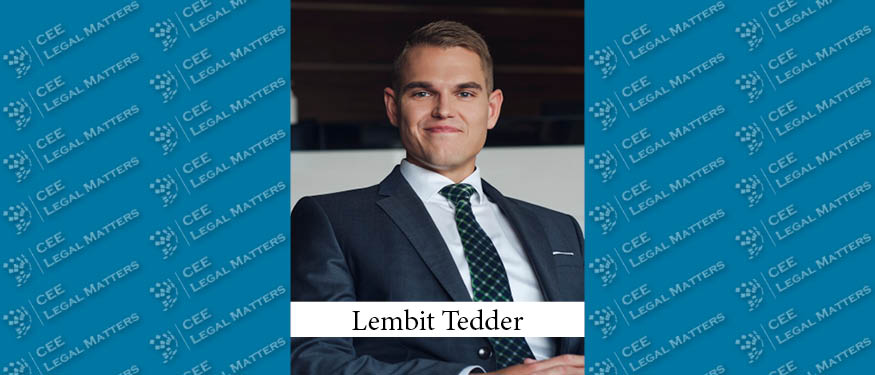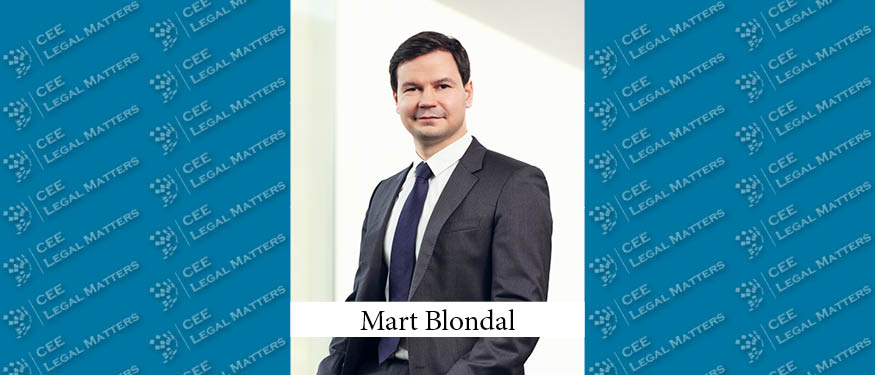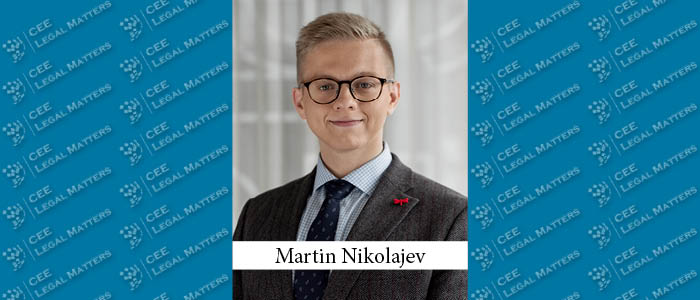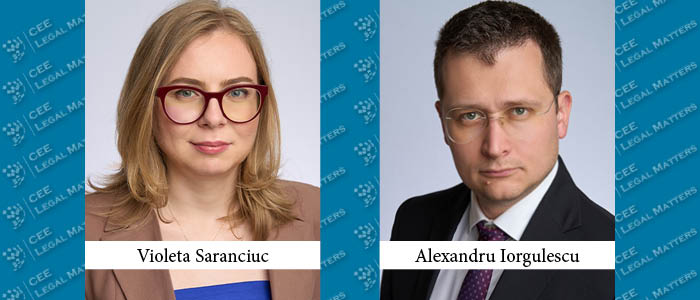Sorainen, working with Lee & Thompson, has advised Head Gear Films on financing the Last Sentinel movie in Estonia and on related IP and state aid issues.
Cobalt Successfully Represents the Suislepp Family Against False Allegations in Media
Cobalt has successfully represented the interests of the Suislepp family against false allegations published in Postimees and Louna-Eesti Postimees relating to Ilvi Suislepp's tenure as a school principal.
Balancing Estonia's Potentialities: A Buzz Interview with Jaanus Magi of Magnusson
Finding its balance after a general election, Estonia is looking at a year of potential IT sector labor force shake-ups, a likely uptick of reorganization and bankruptcy procedures, as well as a potential real estate sector slowdown, according to Magnusson Estonia Managing Partner Jaanus Magi.
Cobalt Advises BayWa and EdgeCap Partners on Investment in Roofit.Solar
Cobalt has advised BayWa r.e. Energy Ventures and EdgeCap Partners on leading the EUR 6.45 million investment round into Roofit.Solar.
Sorainen Advises Nanordica Medical on Raising EUR 375,000
Sorainen has advised Estonia-based health technology start-up Nanordica Medical on raising EUR 375,000.
Estonia: Developments in Corporate Criminal Liability
White-Collar Crime is commonly thought of as something only a natural person can be held liable for. Although this might be the case in some jurisdictions, it does not apply in Estonia. The Estonian legal system allows companies to be held criminally liable alongside or separately from their representatives.
The Estonian Approach to Foreign Direct Investment Control
On May 1, 2023, the Foreign Investment Reliability Assessment Act, currently under adoption by the Estonian Parliament, will likely enter into force. Looking at the European Union as a whole, the push towards more supervision over foreign investors is not novel. What is new, is the Estonian approach to it and why this approach was taken.
Tech Developments Driving Legal Evolution in Estonia
Considering the market size, Estonia sits at the forefront of CEELM’s technology deal rankings, with many of those deals involving a high degree of legal innovation. Magnusson Partner Elvira Tulvik, Fort Legal Partner Merit Lind, Hedman Law Firm Managing Partner Merlin Seeman, and Nove Head of IT and Cybersecurity Sten Tikerpe share their most innovative recent projects and pinpoint what makes the country a technology powerhouse.
Making The Workplace Work
The past two years have brought about tectonic shifts across all industries, business sectors, and economies. Adapting to the ever-changing concept of a “new normal” became an everyday task, and law firms were no exception. Motieka & Audzevicius Partner Rokas Jankus, iLaw Lextal Managing Partner Tomas Bagdanskis, and Sorainen Managing Partner Laimonas Skibarka share how Baltic firms have managed to hold their own in these challenging times.
The CEE Winter Shutdown
With numerous reports of energy-related business shutdowns, we reached out to local experts across CEE to understand what different markets have been dealing with, in terms of work and production stoppages, and look into the broader impact.
7 Most Prominent Changes Accompanying the New Estonian Commercial Register Act And Existing Commercial Code
Starting from 1 February of 2023, the Commercial Code of Estonia changed, and a new Commercial Register Act came into force.
Sorainen Advises Milrem Robotics on Edge Group Merger
Sorainen has advised the shareholders of Milrem Robotics on their sale of a majority stake in the company to the Edge Group.
New Wave In Crypto-Assets Legislation
The legislation concerning crypto-assets has always been fragmented between different states in the EU. Having a crypto exchange license in one EU country did not mean that it would be automatically legal to operate in another EU state as well. Whereas some countries like Estonia were the pioneers of crypto legislation, many others have been lacking behind and have further exacerbated this fragmented state.
Sorainen Advises Deutsche Bank on EUR 600 Million Syndicated Loan to Eesti Energia
Sorainen, working with Dentons, has advised Deutsche Bank on a EUR 600 million syndicated loan agreement with Eesti Energia to refinance its 2016 bond issuance and support investments.
Ellex Advises InfraVia on Acquisition of Stake in Vindr Group
Ellex, working with Norway's Thommessen, has advised InfraVia on its acquisition of a stake in wind farm developer Vindr Group.
TGS Baltic Advises Nordic Foodtech VC on Investment in Aio Tech
TGS Baltic has advised Nordic Foodtech VC on its investment in Tallinn-based biotechnology R&D start-up Aio Tech.
TGS Baltic and Ellex Advise on VOOL EUR 1.7 Million Investment Round
TGS Baltic has advised EV charging solution developer VOOL on raising EUR 1.7 million in a Specialist VC-led round. Ellex advised Specialist VC.
Sorainen Advises Skoda on Cooperation Agreement with Elron
Sorainen has advised Skoda on its cooperation agreement with Elron for the construction of ten electric trains.














































